Some of the Secrets Behind Aldi's Affordability Might Surprise You
Aldi offers vegan grocery items at an affordable price, too.
Updated July 8 2024, 4:51 p.m. ET
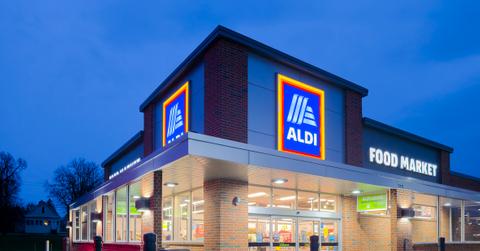
Consumers seeking reasonably priced groceries amid rising food costs have turned to discount grocers like Aldi, a German-based chain that also owns Trader Joe’s. If you've shopped at Aldi recently, you may have noticed cheaper prices than other nearby markets, which seem to contradict the inflated cost of goods elsewhere.
Why is that, and how can Aldi sell grocery products so cheaply?
Let's take a trip through the aisles of Aldi, review why their grocery items are so reasonably priced, and assess how Aldi is able to keep its prices low for consumers who aim to shop for affordable goods.
Aldi charges customers to use carts, reducing labor costs and bolstering their bottom line.
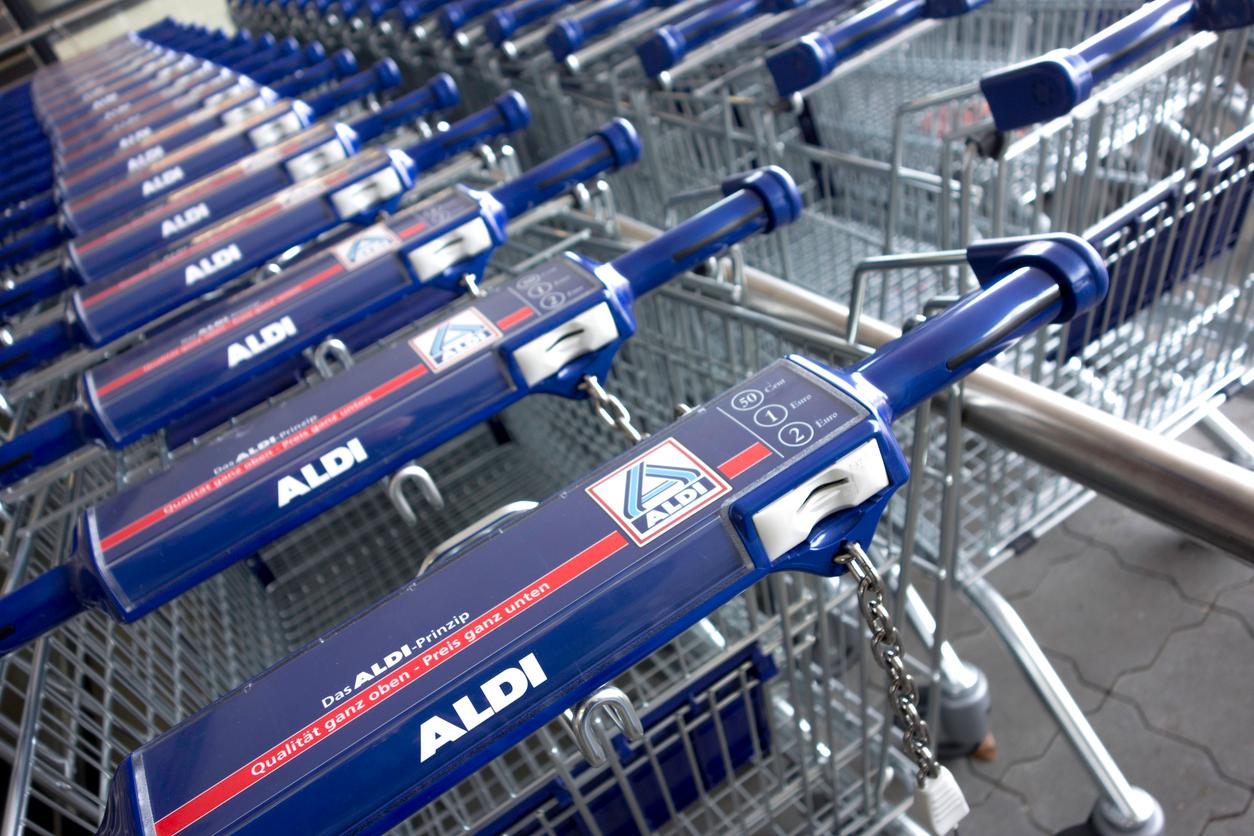
As FOX 4 News explains, Aldi charges customers a quarter to use a shopping cart. While customers can earn the quarter back by returning their cart, per the Aldi website, customers nevertheless may determine the quarter refund not significant enough to walk the cart back inside the store.
This nickel-and-diming tactic adds to Aldi's bottom line and saves Aldi on the cost of human labor to retrieve carts.
Aldi makes customers bag their own groceries, too.
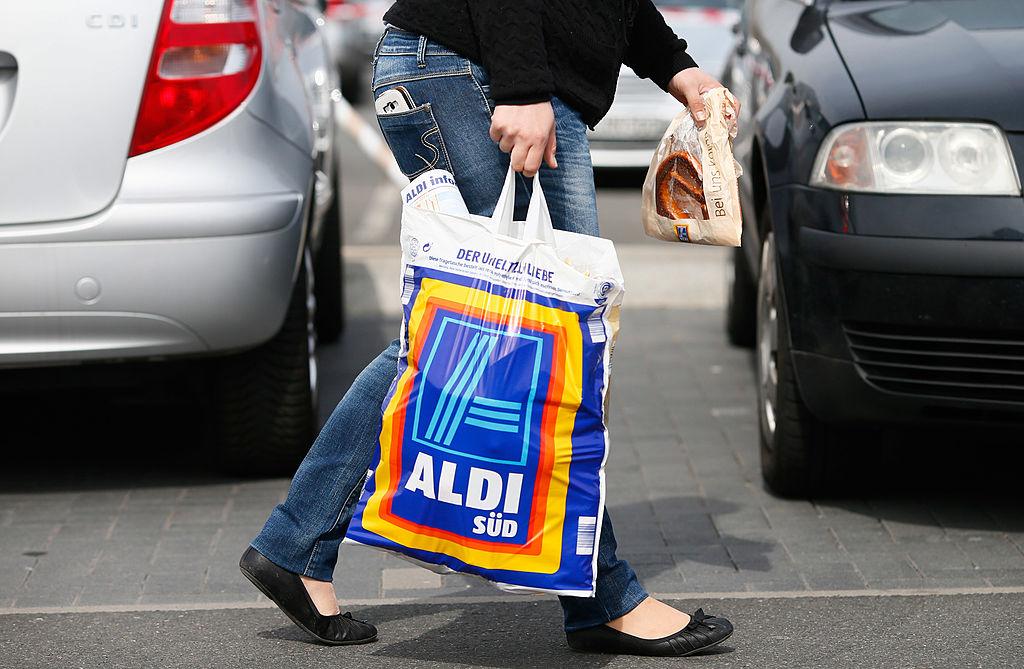
In addition to Aldi charging customers to use their carts, EatingWell explains that cashiers do not help customers bag groceries. As the Aldi website further explains, Aldi charges for bags, too.
Between these cost-cutting moves that add up over the long term and the reduction in time and labor for Aldi's cashiers, these policies, in theory, pass along the savings to the customer as lower prices on Aldi's products.
Aldi carefully selects the items on their shelves and how they're presented.
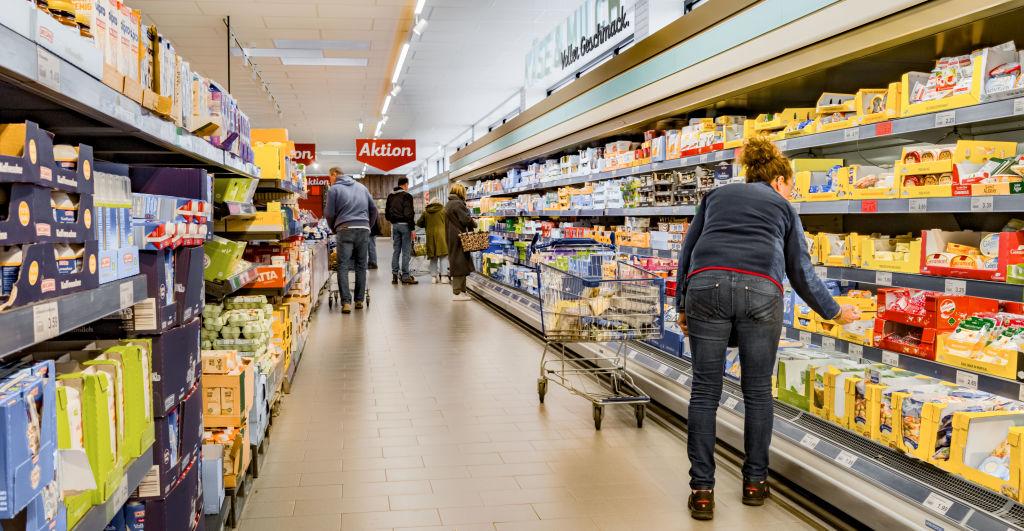
FOX 4 News also explains that Aldi boasts significantly fewer items in their stores compared to a traditional supermarket — approximately 1,700 items compared to about 40,000 items — which further reduces costs:"You’re paying for those products whether you buy them or not," Aldi spokesperson Karla Wattleton told the news outlet.
Additionally, Aldi reduces labor costs by stocking goods on the shelves in the same packaging they arrived at the store, eschewing aesthetics.
Aldi sells cheap chicken sourced from suppliers guilty of cruelty and abuse.

Undercover investigations have revealed on multiple occasions that Aldi sources chicken from suppliers caught horrifically abusing chickens, per The Independent. The chickens are both selectively bred to grow rapidly and they are forced to gain weight at unsustainable, unethical, physically excruciating rates.
Per The Independent, "Fast-growing chickens have been selected artificially through the years so that broilers would grow unnaturally quickly, allowing farmers to [maximize] profits."
Aldi receives a discount for bulk purchases, which in turn saves shoppers money.
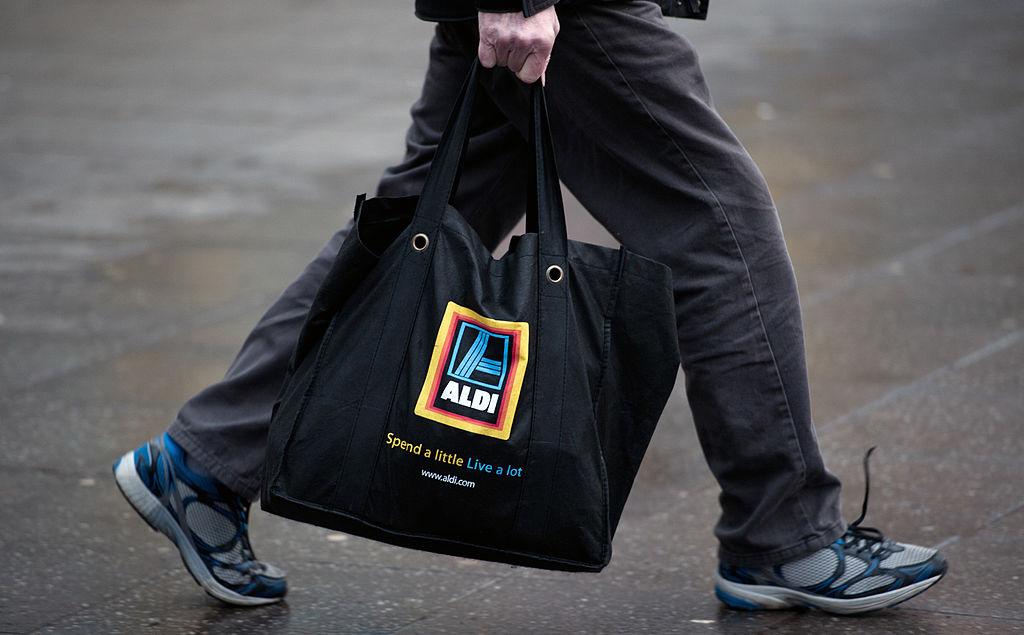
As explained in The Savvy Mama, Aldi's insight into its customers' preferences aids Aldi's order purchasing and earns the store and its customers money in the long run.
If Aldi's customers prefer a specific condiment over another, Aldi can in turn order a higher volume of that condiment and earn themselves a discount from the supplier: "Larger quantities means lower unit price, for them and for you," per The Savvy Mama.
Also, because most of Aldi's products, like Trader Joe's, are private labels, this cuts out the middle man, per the blog. With fewer stops along the way in the supply chain, more savings can be passed along to customers through this model.